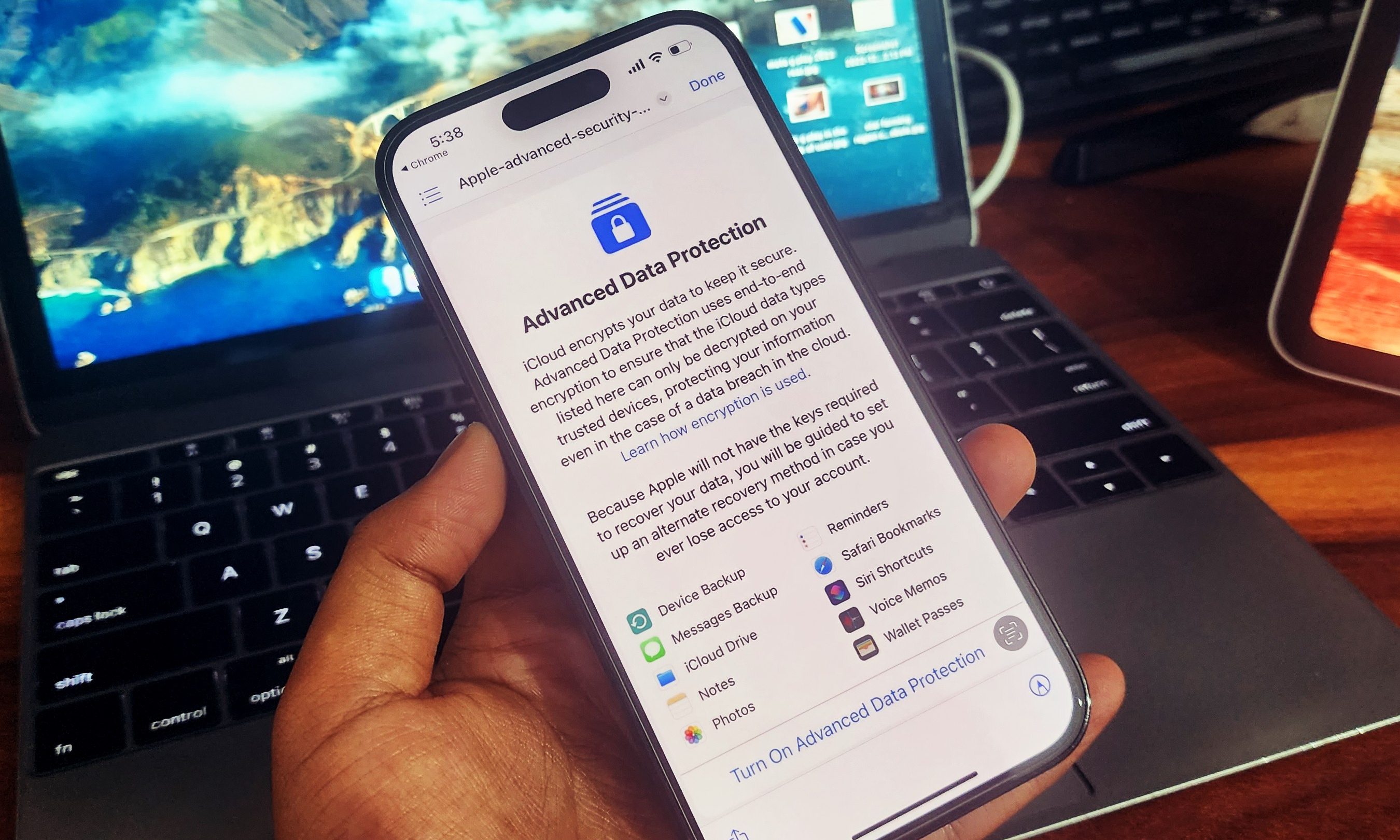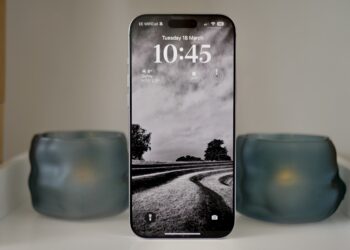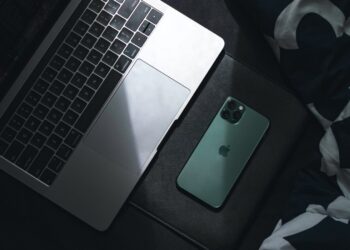Smartphones are at the heart of our digital lives—facilitating communication and social interactions, while also serving as portals to our financial and professional spheres.
The theft of an iPhone can be devastating, often leading to the loss of important files stored on the device. However, a recent lawsuit against Apple is shedding light on recovery challenges faced by victims of iPhone theft.
Michael Mathews, a victim from Minnesota, has initiated legal action against Apple in the U.S. District Court for the Northern District of California. He seeks access to two terabytes of data that reflect his entire digital life and that of his family, along with $5 million in damages.

Mathews lost his iPhone in Arizona, a device that contained not just personal information but crucial data related to his taxes and professional projects. The theft significantly disrupted his tech consulting business.
Despite having clear proof of ownership, Mathews alleges that Apple has denied his requests to reset his account's Recovery Keys, keeping him from accessing his data. In his court filing, he argues that "Apple perpetuates and aids the hackers in their criminal activity" by not providing adequate recovery support.
What happens when your iPhone is stolen?
When an iPhone goes missing or is stolen, Apple advises users to promptly mark the device as “Lost” through the Find My app. This action will lock the device with a passcode and suspend any payment cards and passes in the Wallet app.

Additionally, Apple features a Stolen Device Protection tool that secures sensitive actions—like viewing stored passwords or payment cards—behind Face ID and fingerprint recognition. It can also detect if the iPhone is moved to a new location, restricting actions such as disabling the Find My tracking or accessing password keychain details.
Users can reset their passwords and modify sensitive account information such as verified phone numbers and recovery methods from the Apple account dashboard. They also have the option to remotely erase all data from the lost iPhone, although this process is irreversible.
What next?
Deleting all data remotely isn’t viable for many, especially if critical work or financial data is involved. This highlights a gap, as Apple lacks a universal approach to recovering data from lost devices unless backed up in iCloud.
Legal representatives in Mathews' lawsuit question, "On what grounds do you retain user data without returning it?" The path forward is complex; collecting evidence and awaiting a legal review may take up to eight months, with a subsequent court order for Apple’s compliance.

However, the protection methods can falter if the victim doesn’t act quickly. A thief who discovers the passcode can bypass the safeguards implemented by Apple, like altering the linked email and recovery methods, effectively locking the original owner out of their account.
In such cases, as Apple states, “If you lose your recovery key and cannot access one of your trusted devices, your account is permanently inaccessible.” While stored data in the cloud remains intact, experts suggest that Apple chooses not to return it to the rightful owner post-theft.
A new hope?
Many iPhone users remain unaware of tooling like Stolen Device Protection and Advanced Data Protection, which encrypts all data stored in iCloud, including backups, messages, and other personal information.

Advanced Data Protection employs end-to-end encryption, ensuring that even Apple cannot access the data. Therefore, if the device is stolen, recovering it is only possible if the original device is found or proactive steps are taken before the thief can alter any sensitive account information.
It’s a race against time, and a clever thief.
The lack of digital awareness is compounded by Apple’s privacy-first approach, which can obstruct recovery efforts for legitimate victims. The most effective paths often rely on local law enforcement involvement or lengthy legal disputes.
While few can afford either approach, Mathews' recent lawsuit could pave the way for change. Jon Breyer, the attorney representing him, has reportedly taken on multiple clients facing similar troubles. The outcome remains uncertain, but it could potentially prompt Apple to improve support systems for victims of iPhone theft.






